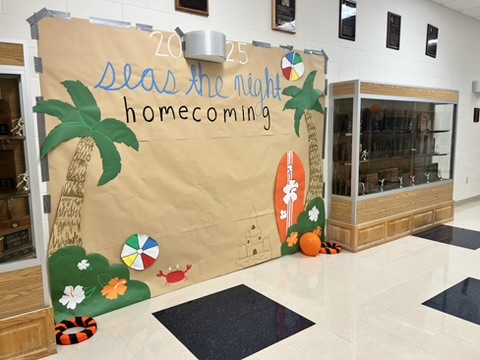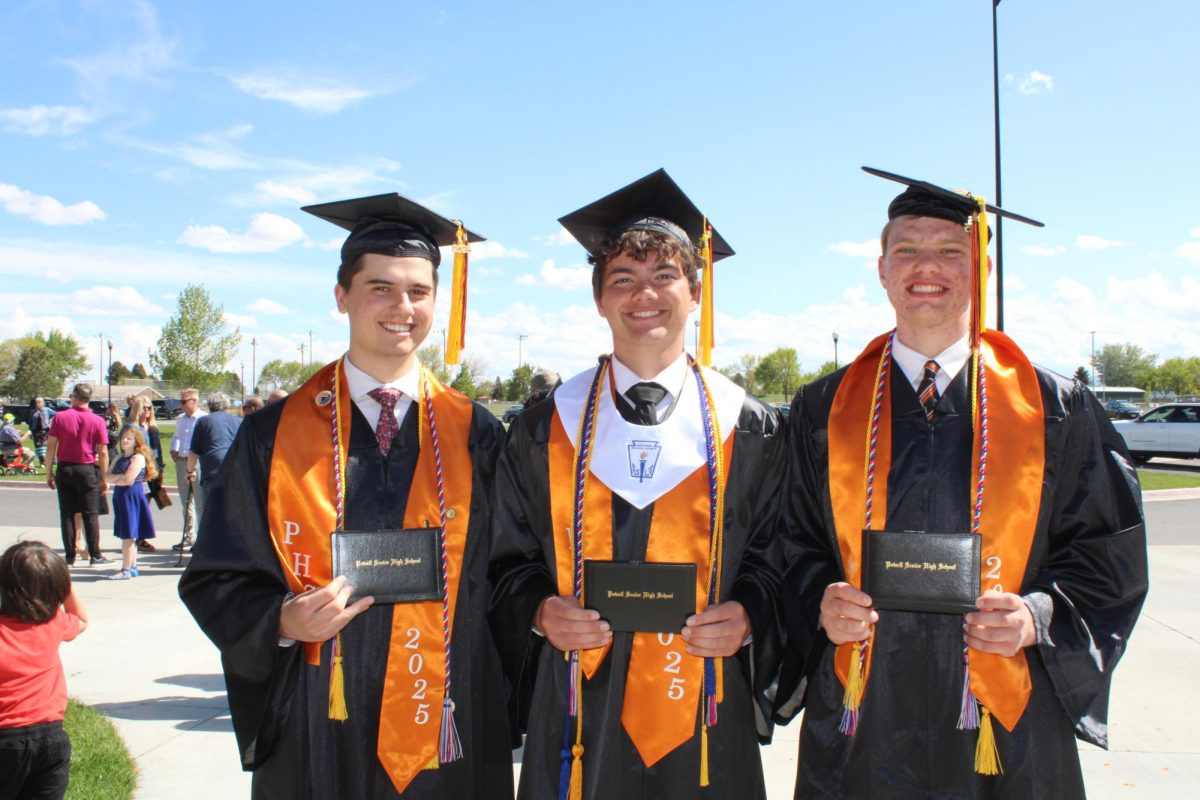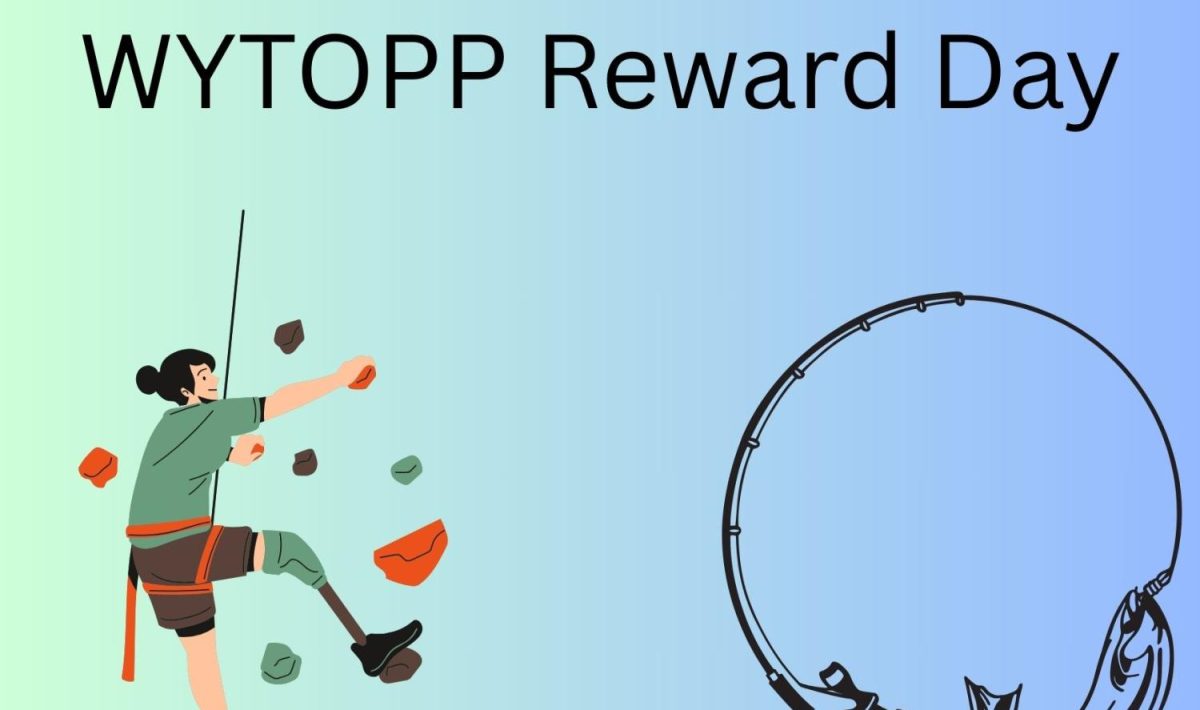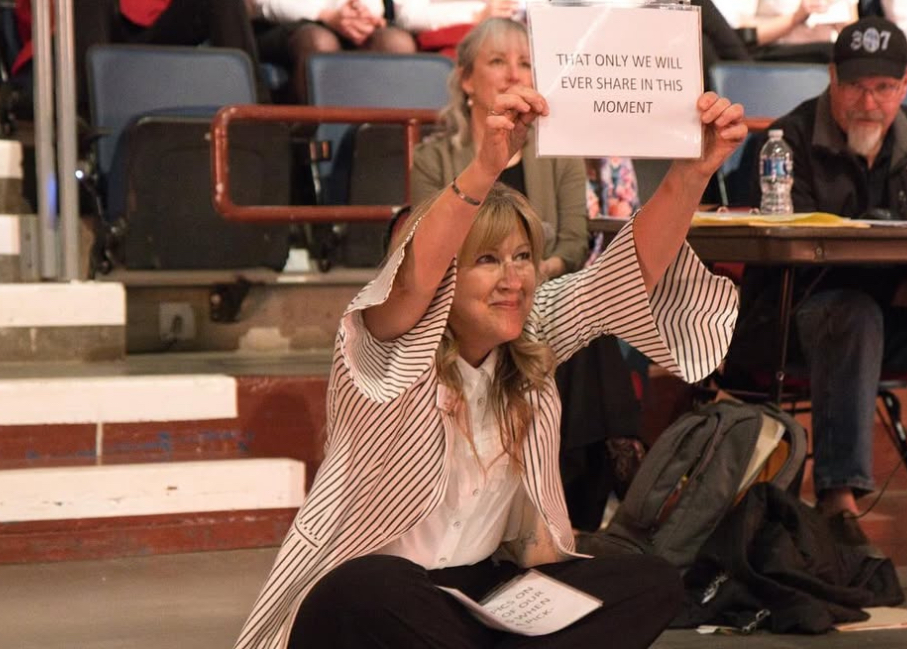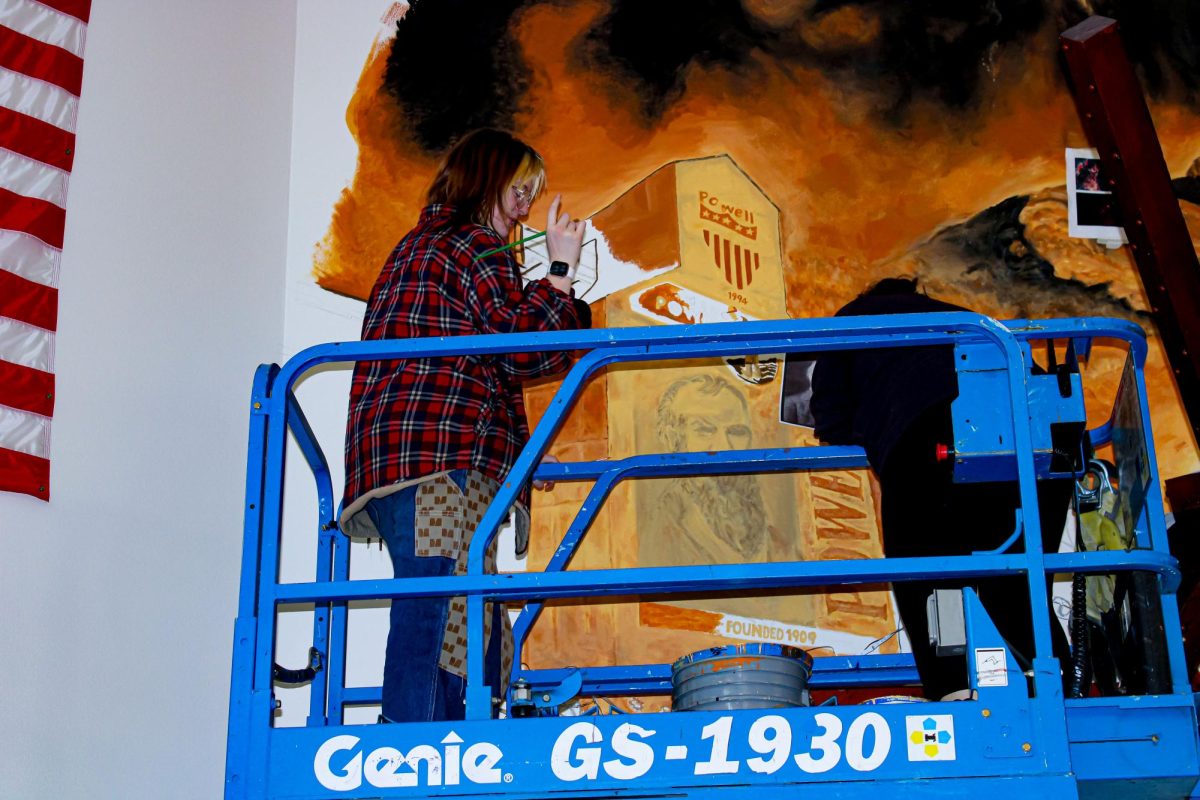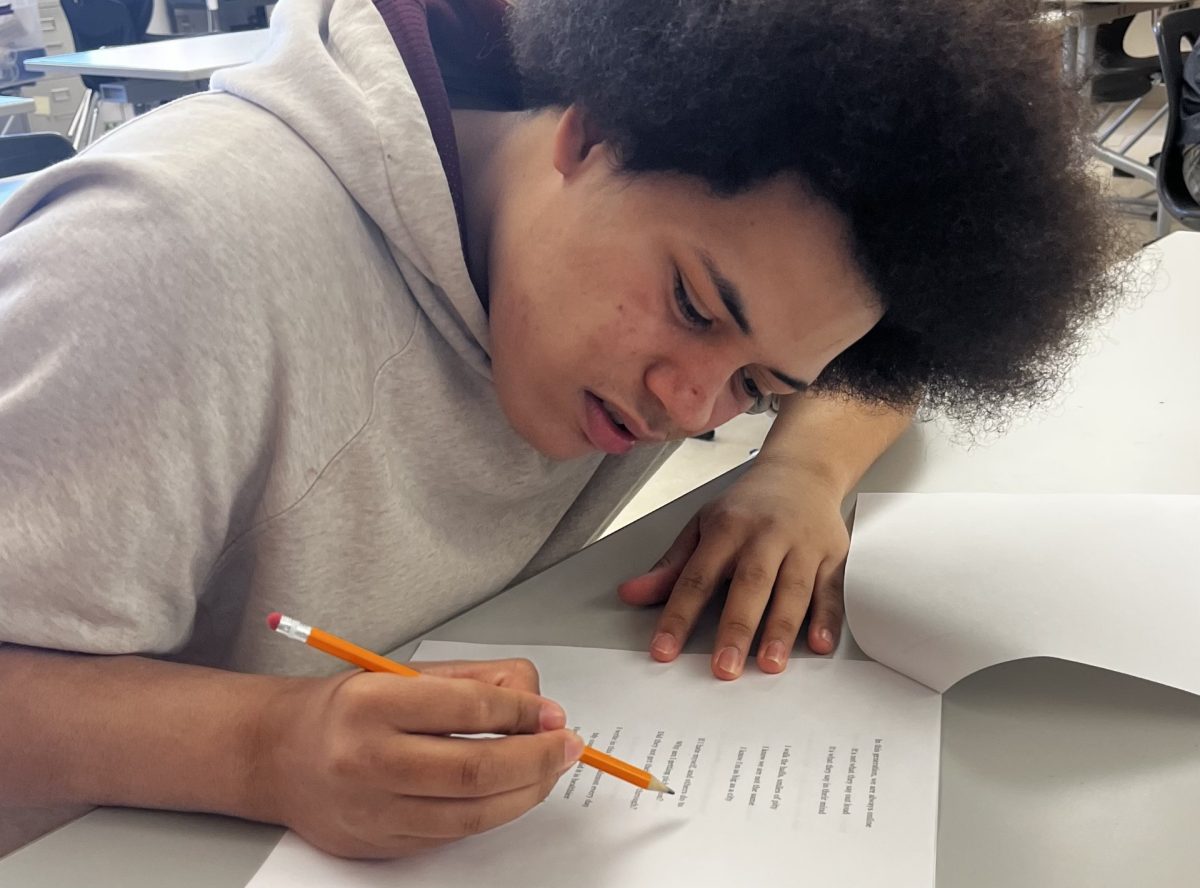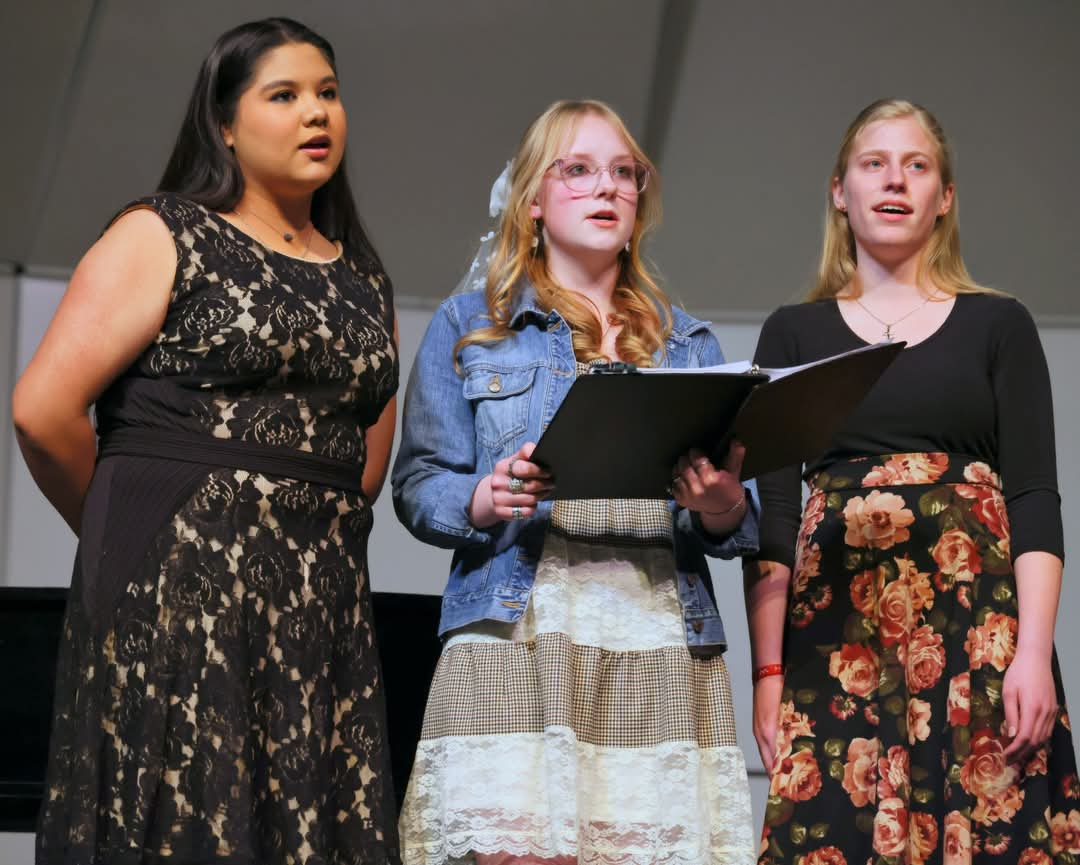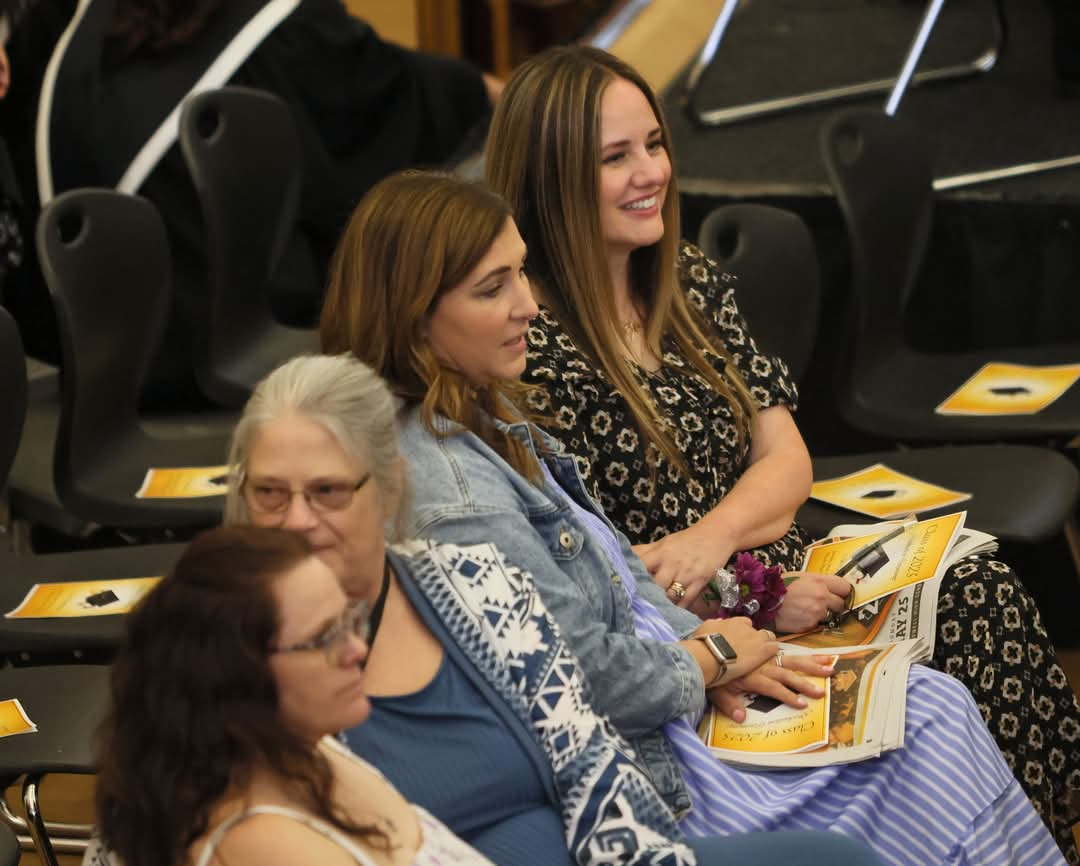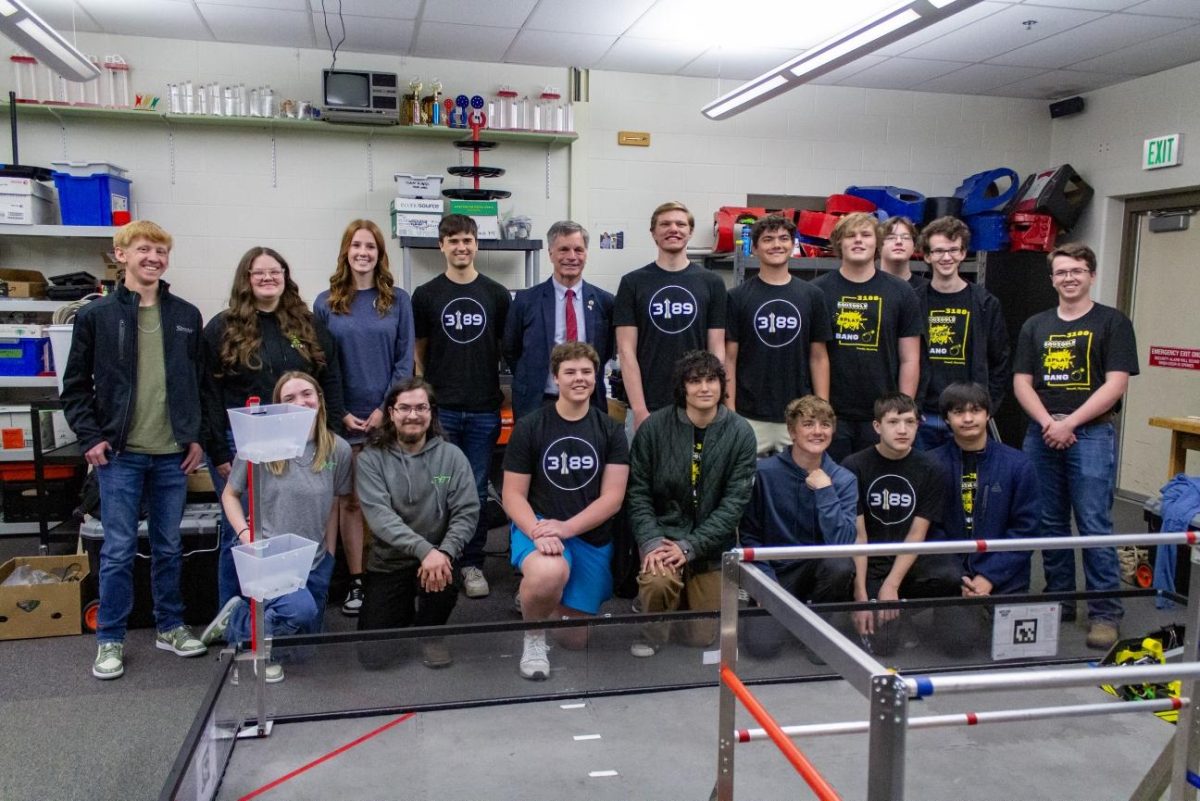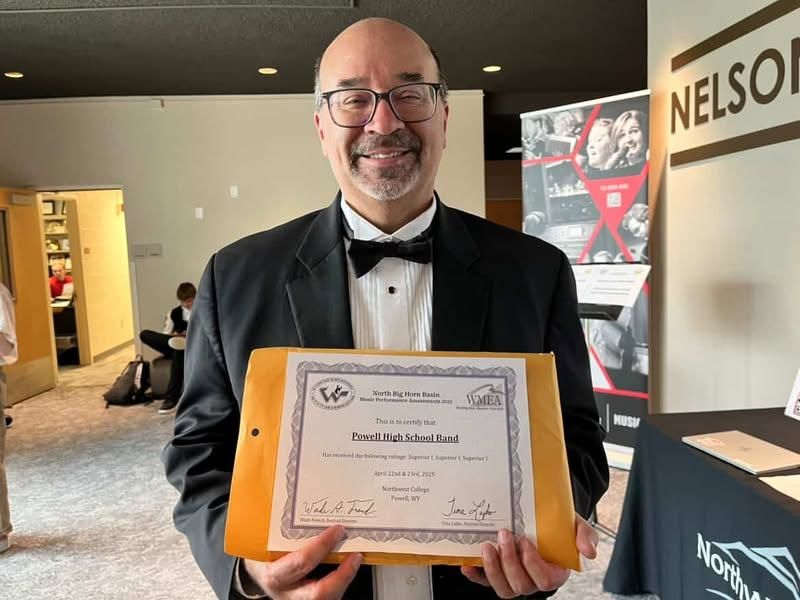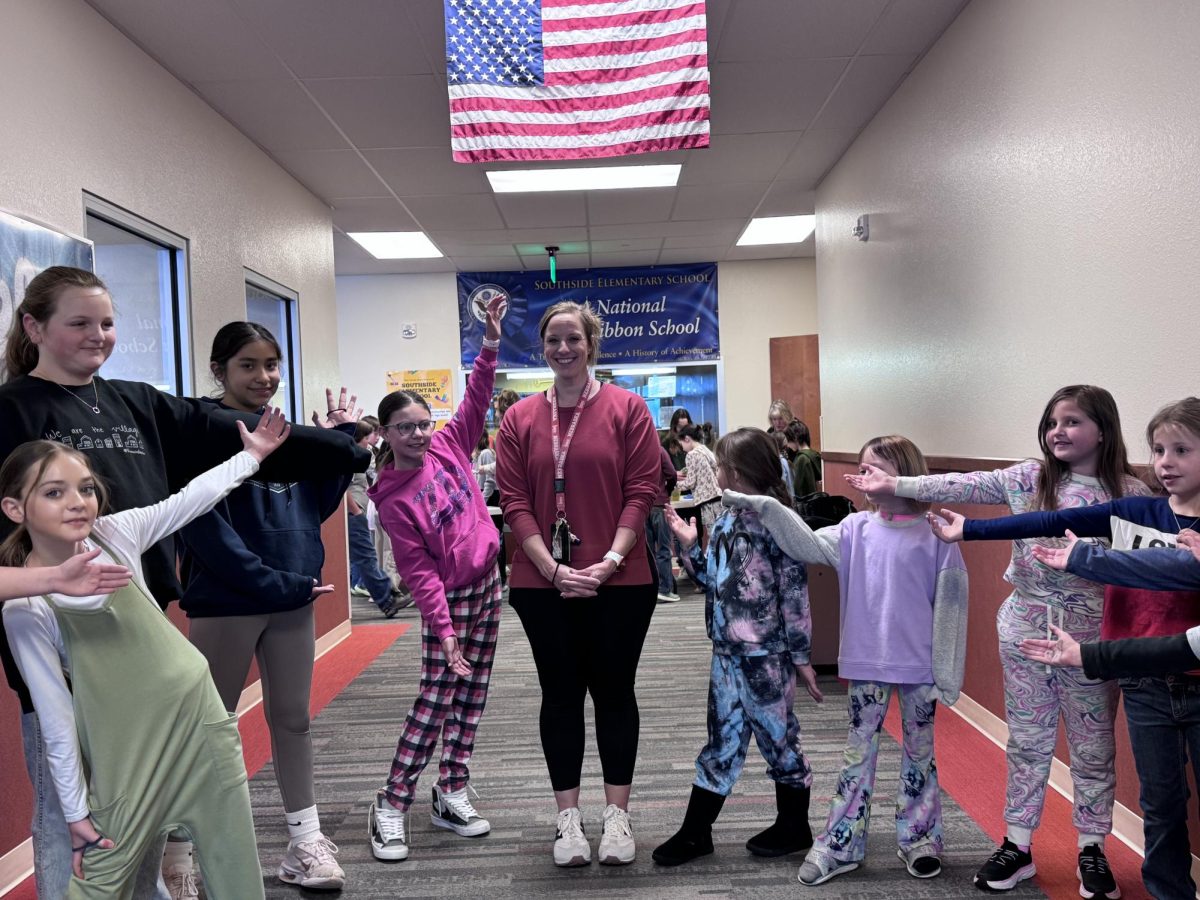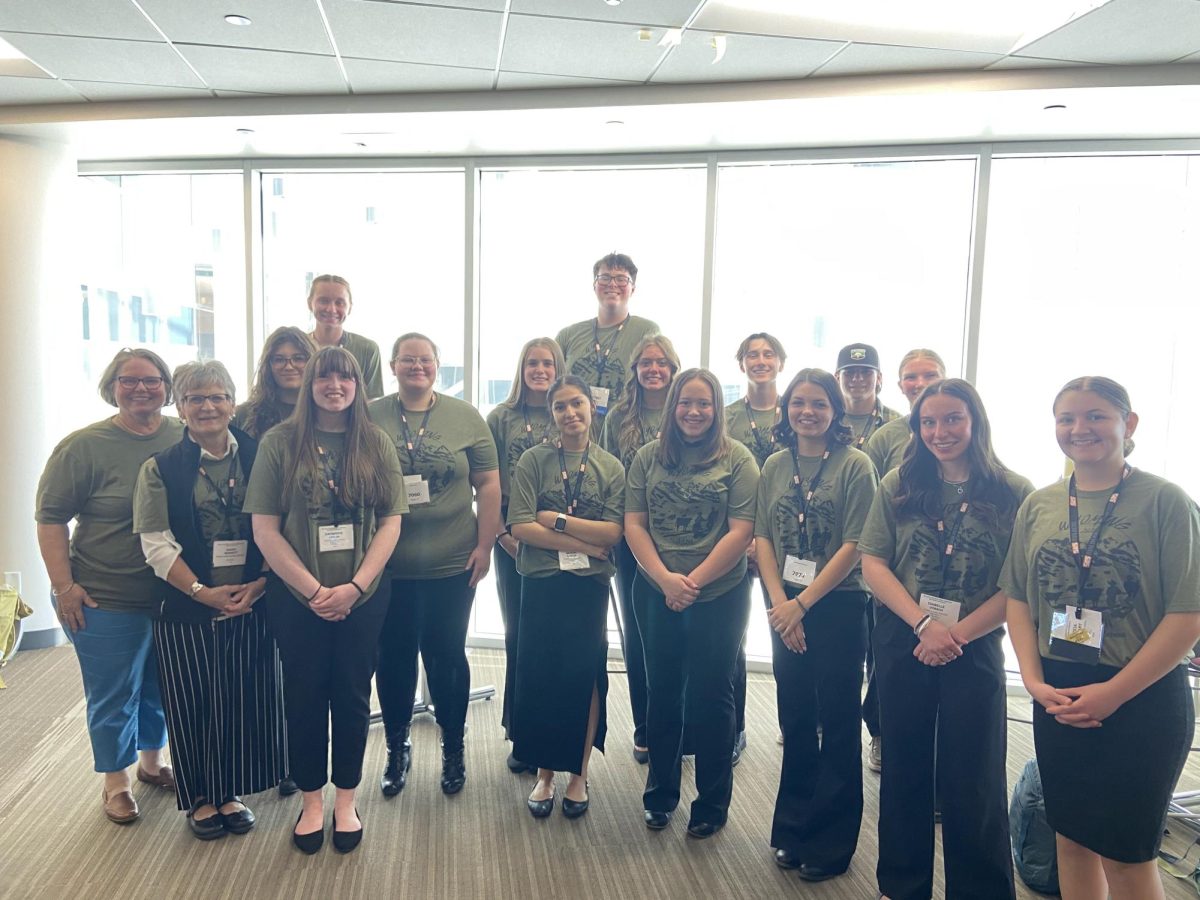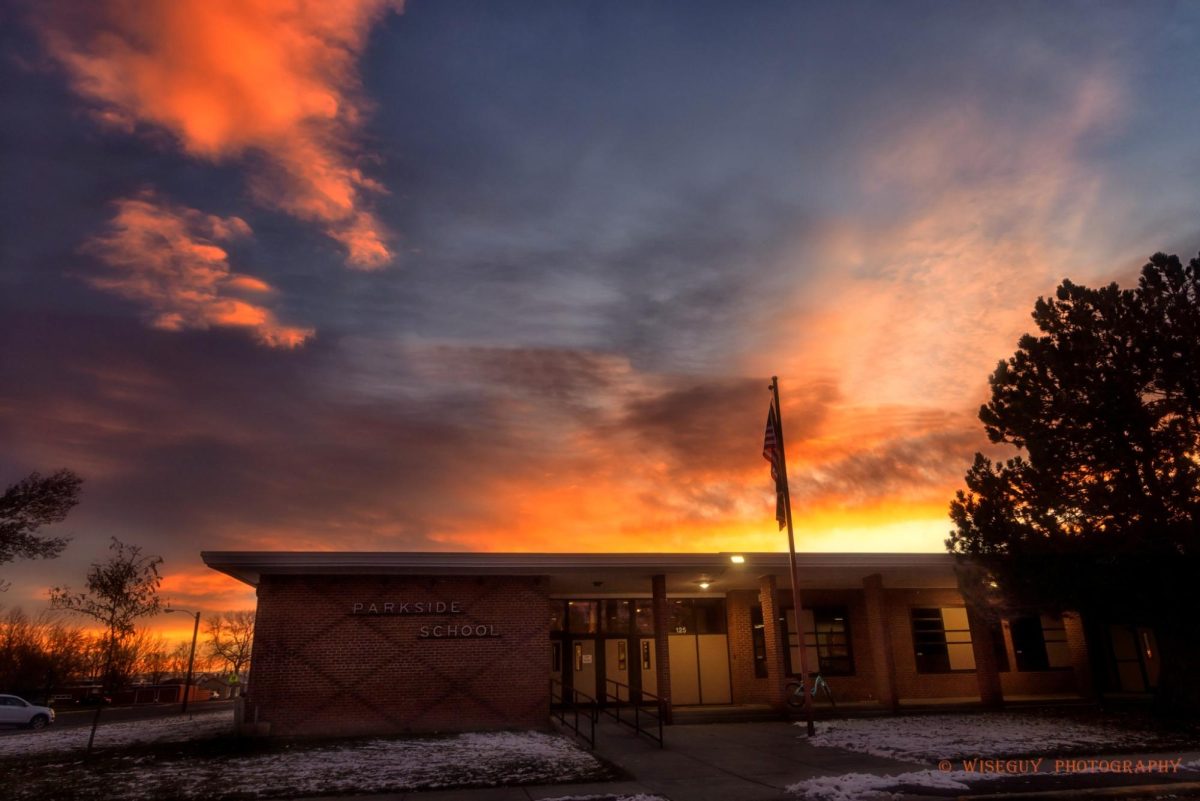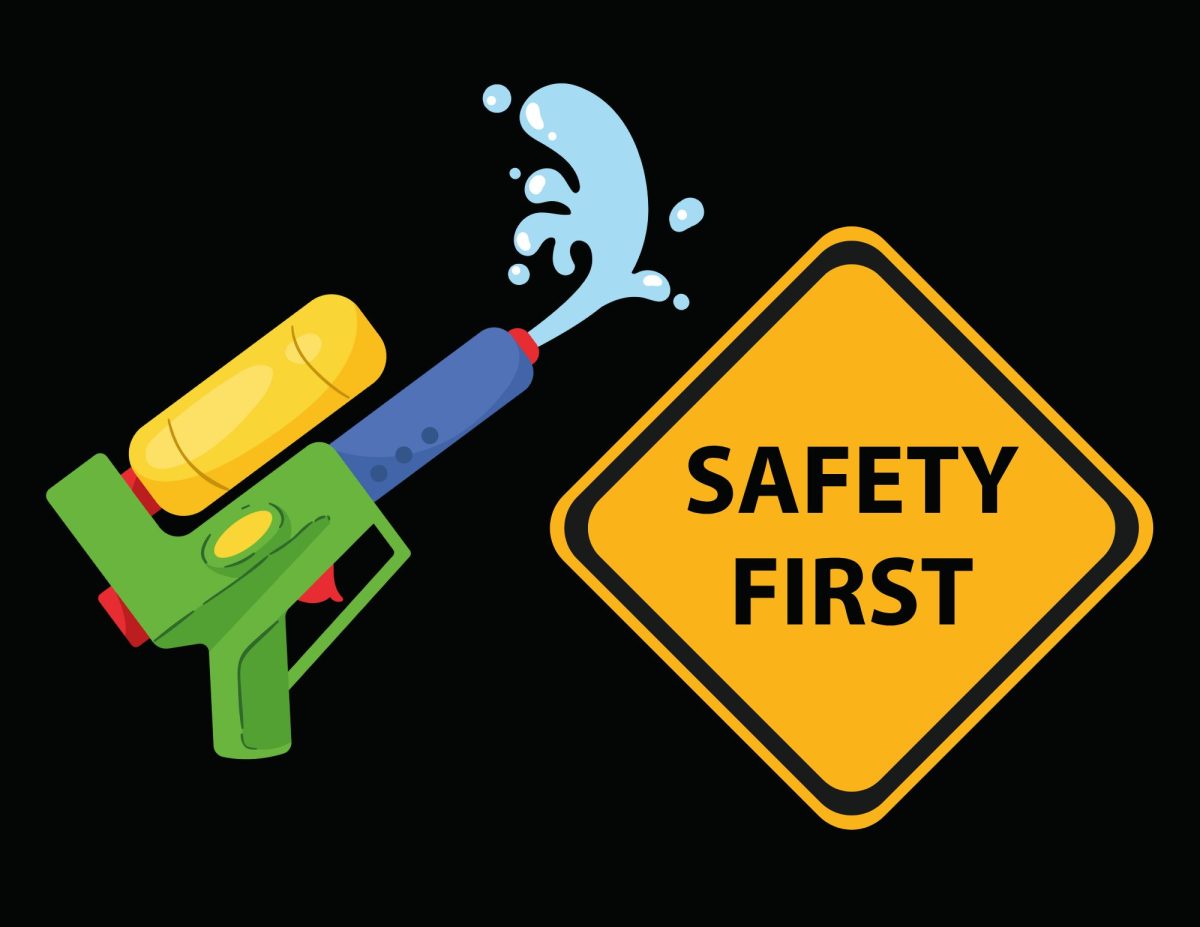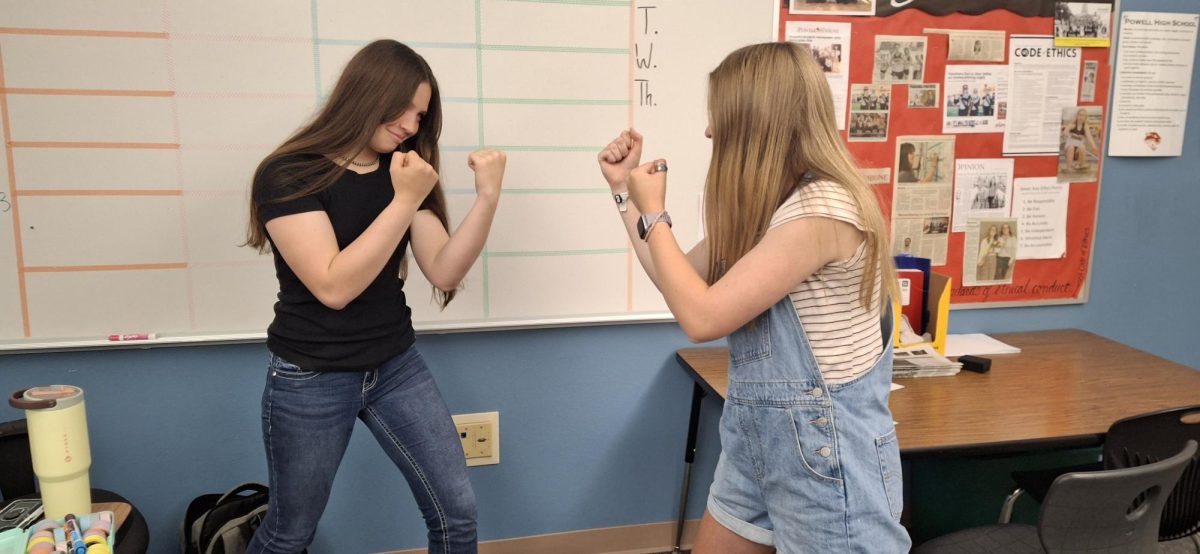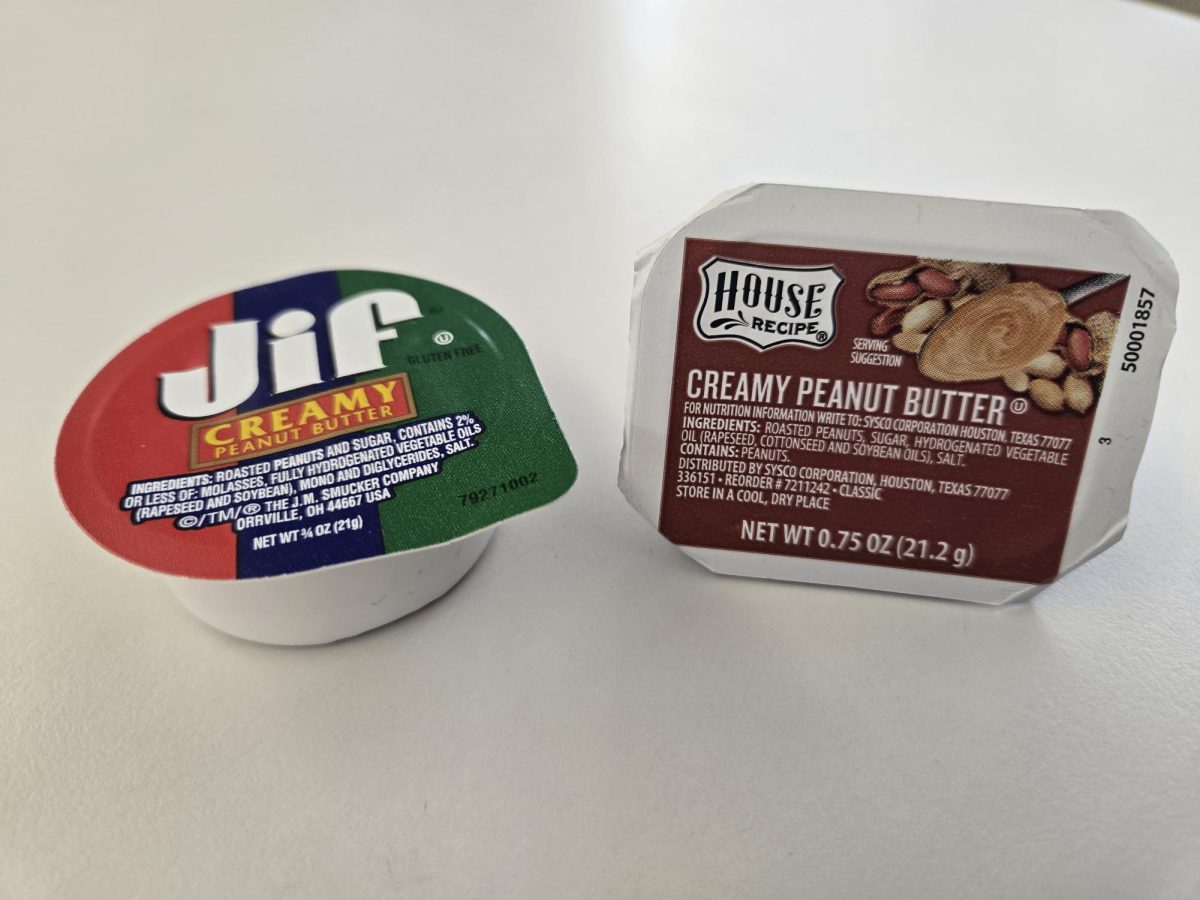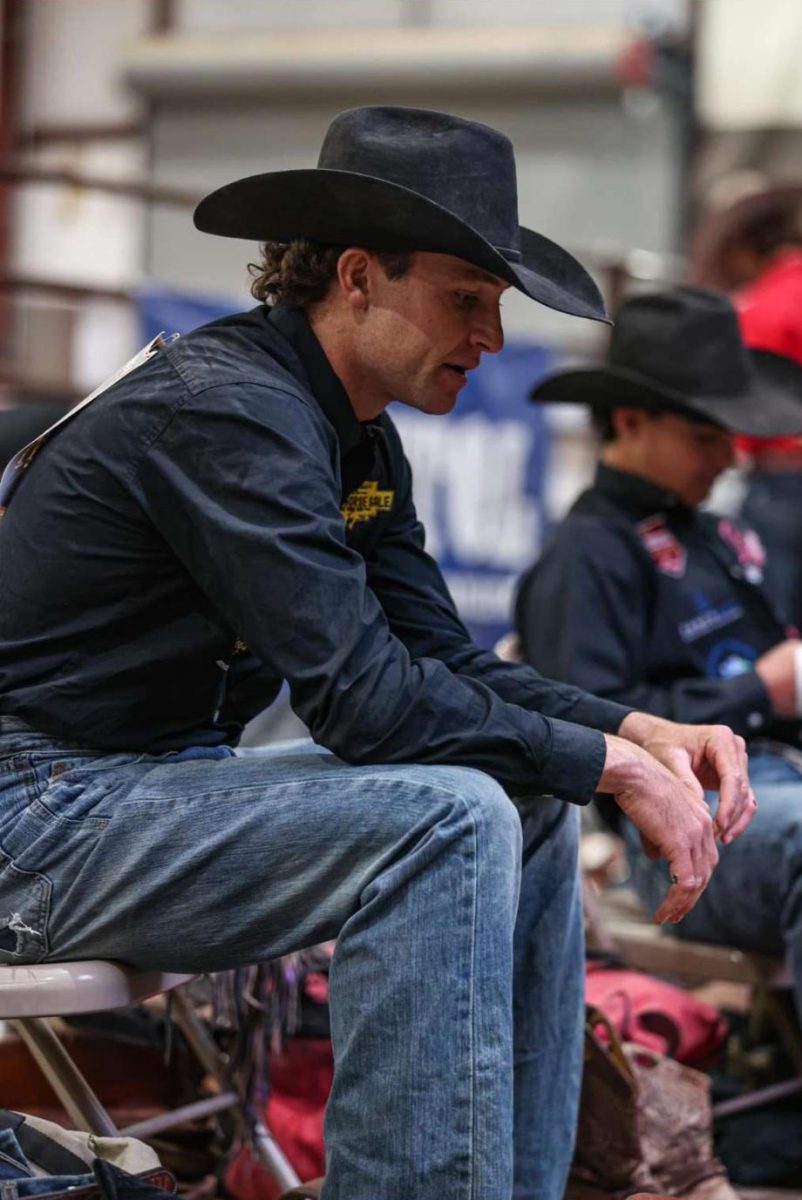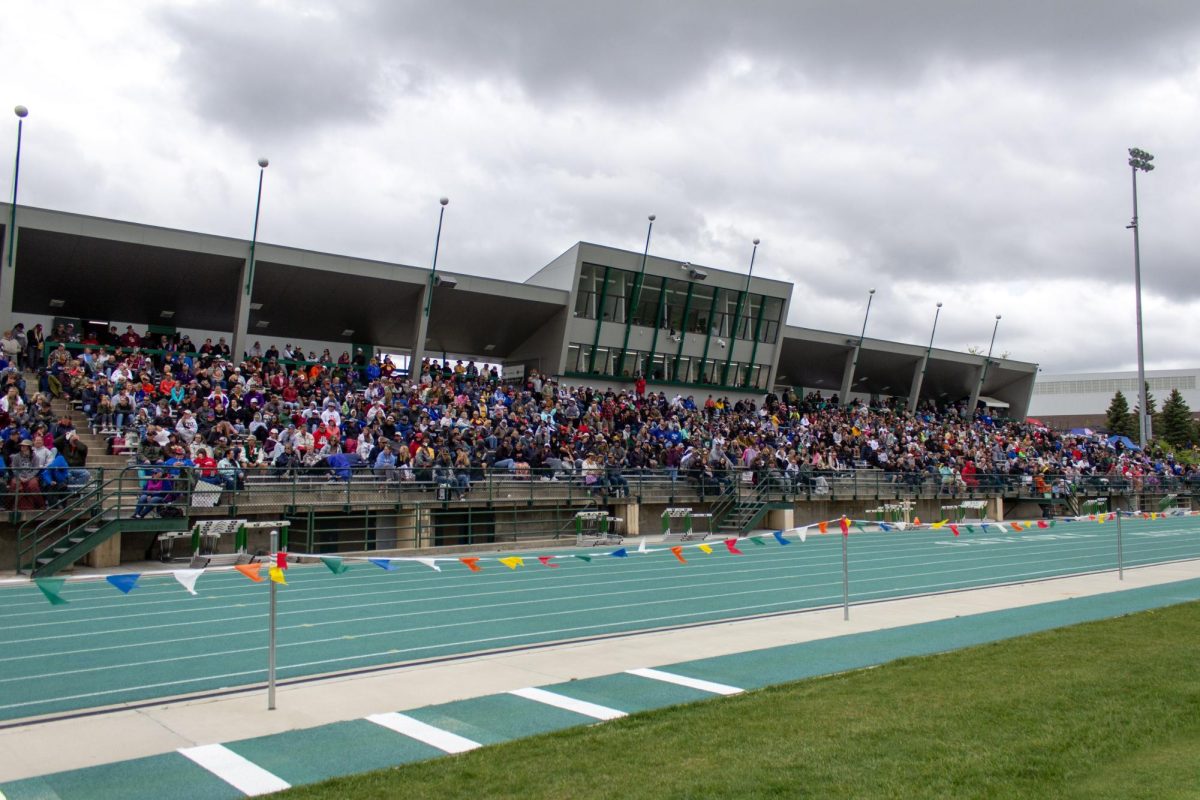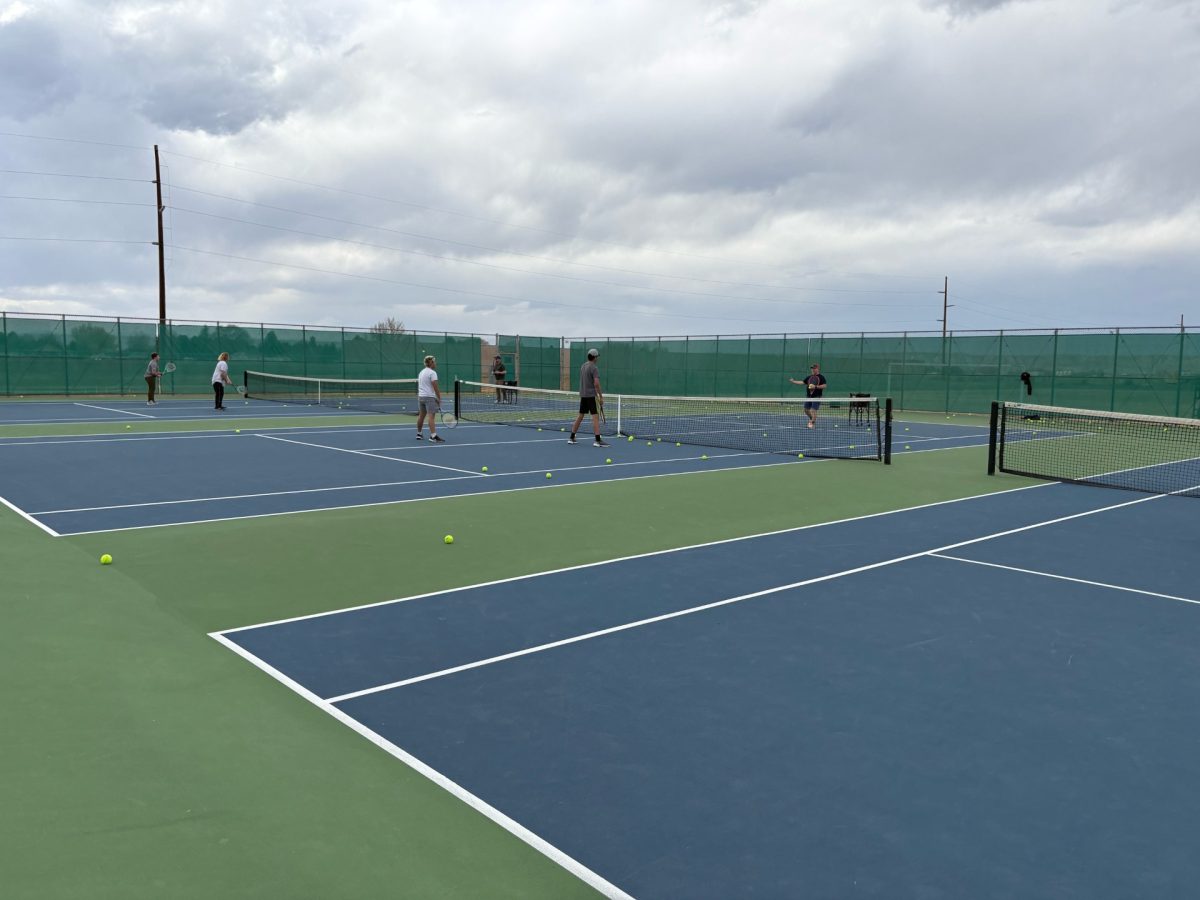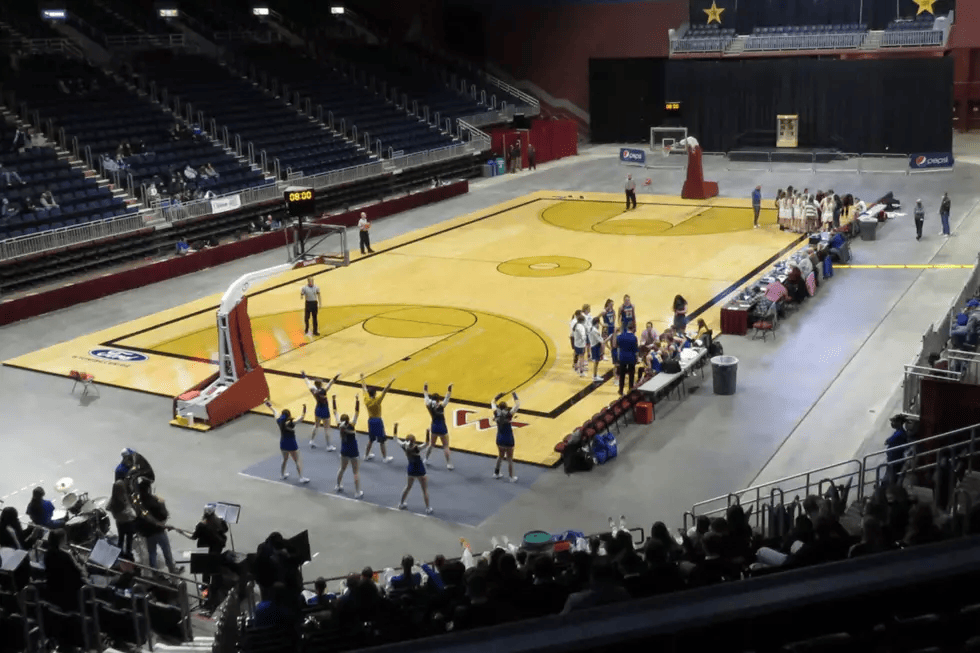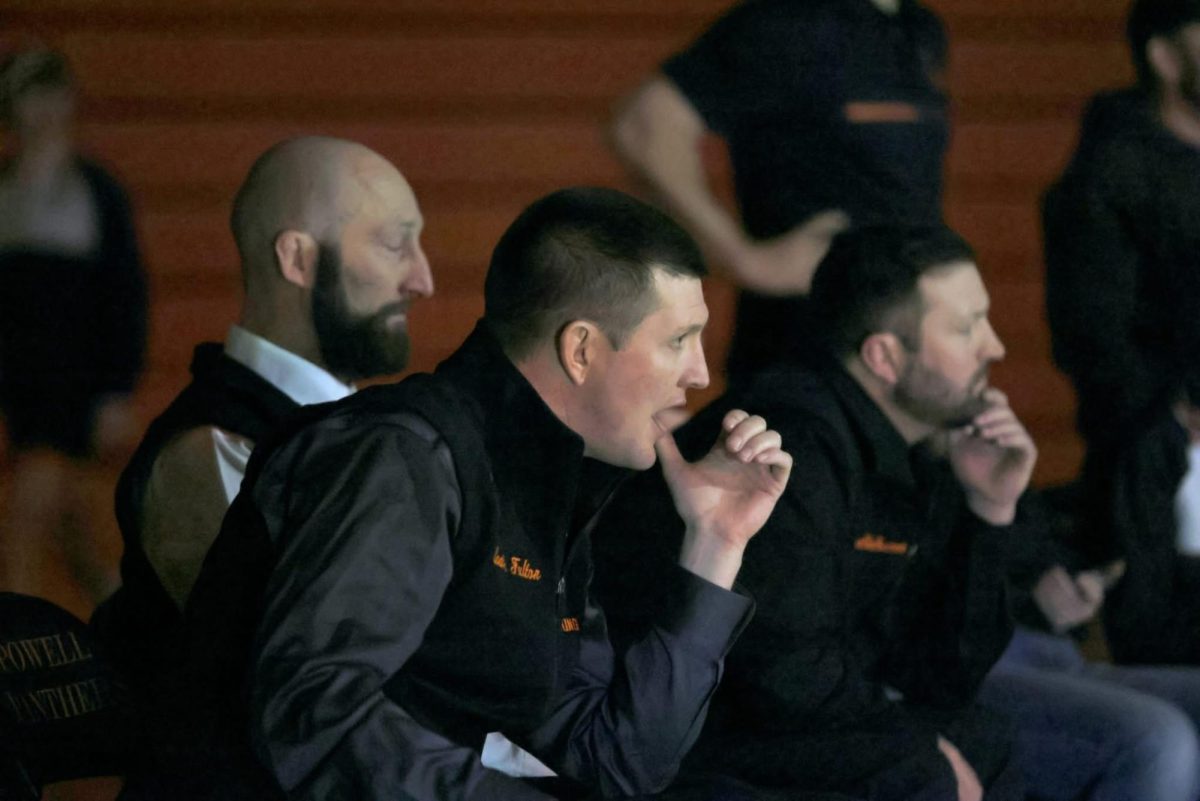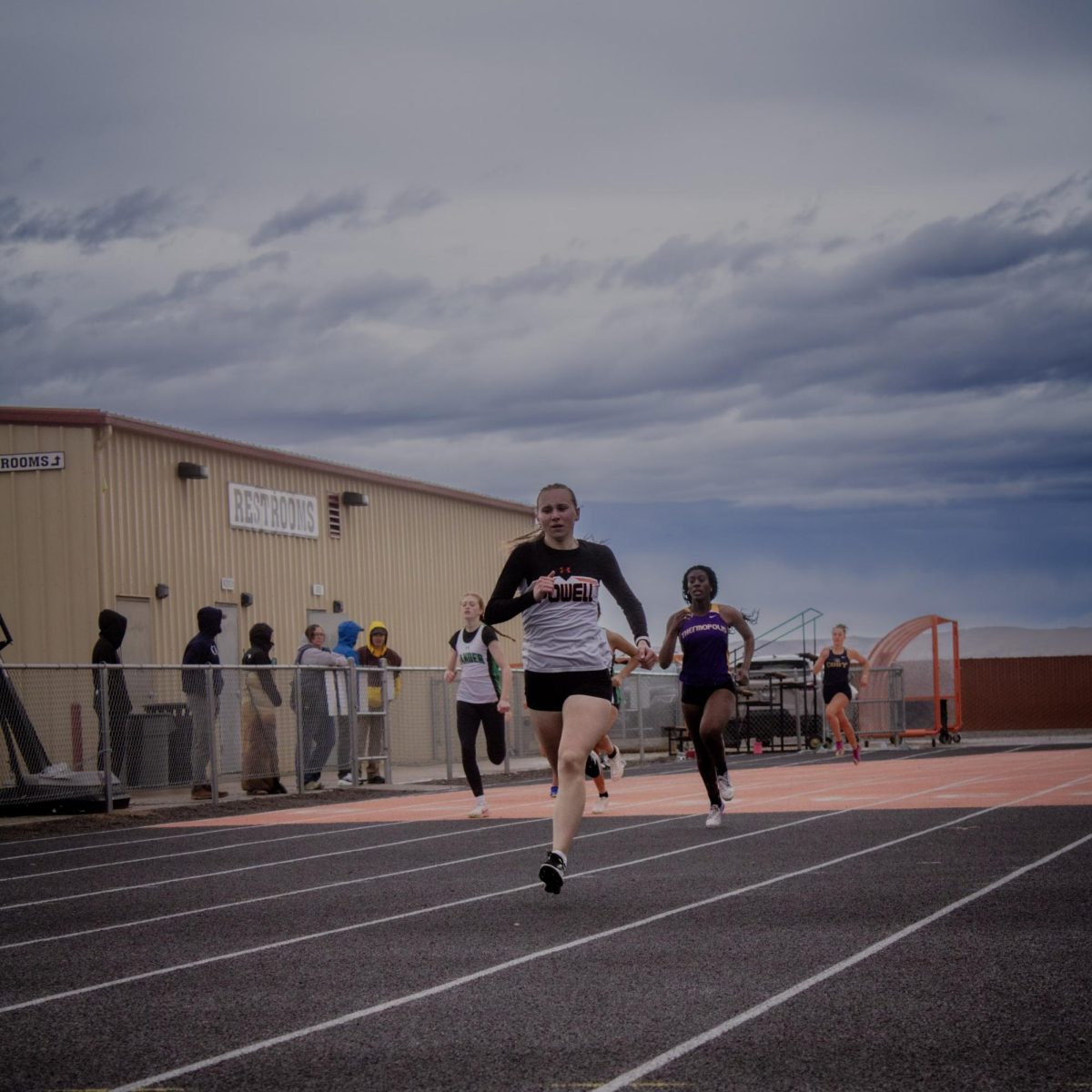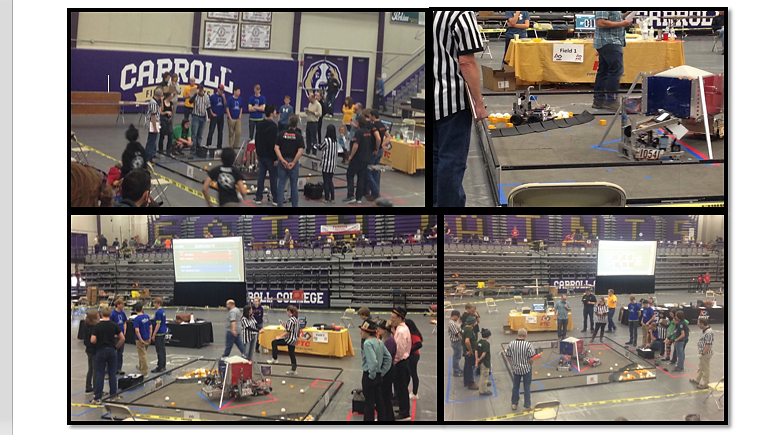Robotics Club makes some noise at Helena meet
More stories from Joelynn Petrie
Robotics teams 10731, 10541, and 6437 compete at Helena Montana State Qualifier
3 … 2 … 1 … Badadumbadaa! And Autonomous begins.
This is how a typical match is started at a First Tech Challenge robotics competition.
On Dec. 8, three of Powell High School’s robotics teams competed in Helena, MT, at the qualifier for Montana State. The competition was at Carrol College.Throughout the day each team had five matches.
Team 10731 Radioactive won 3 out of 5 matches, Team 6437 Mad Hatters won 1 out of 5 and 10541 RoboPanthers had a rough day. Radioactive placed 8th out of 28 teams, Mad Hatters placed 26th, and RoboPanthers placed 28th.
Competitors started the day with robot inspection and then had judges’ speeches. Each team also prepared a 5-10-minute speech about their robot and team and then had to present it to a couple of judges.
Following the opening ceremony was the drivers’ meeting. This is where all the drivers, or just team captains, listen to the rules of play and then get the schedule for the day.
Finally the matches begin.
Throughout the day each team plays five matches with a different partner each time. A team could be playing with someone one match and then playing against them the next.
The PHS teams started with a rough beginning and then slowly got better. Radioactive ended up placing high enough they were chosen by a team to participate in the semifinal matches.
“My favorite moment was when I saw we got 8th place,” said sophomore team member of Radioactive Riley Mckeen.
Team RoboPanthers had to make some major changes to their robot during the competition.
“Any big mechanical things weren’t working including our linear slides,” junior team member of RoboPanthers Nate Belmont said. “We basically took it all apart.”
On top of mechanical problems the team had issues with their autonomous working. When asked they wished they had been more ready for the competition.
Team Mad Hatters had technical difficulties as well. They had to make some major changes to some key components on their robot.
“Some bad stuff was our robot breaking multiple times,” freshman team member of Mad Hatters Gus Miller said. “Some good stuff was our robot will do better than it did before.”
Towards the end of the competition they got their linear slide and hook functioning and also they had a functioning autonomous. This allowed them to win a match.
Once all of the rounds were finished the top 4 teams got to pick other teams to be on their alliances.
The alliances were: 1st alliance teams 12727 Identity Crisis, 2879 Technical Difficulty, and 15400 RoboBroncs Team 5, 2nd alliance teams 8717, 54, and 10662, 3rd alliance teams 12384 Checkpoint, 10595 Bison, and 14019 Static Mechanic, and 4th alliance teams 12239, 10731 Radioactive, and 10825.
The first round of semifinals the 1st alliance went against the 4th alliance and 4th alliance won 153 to 167. Then 2nd alliance went against the 3rd alliance, and 3rd alliance won 228 to 152. The second round of alliance the 3rd alliance won again against the 2nd alliance 295 to 204. The 1st alliance then won against the 4th alliance 154 to 130. The 1st and 4th alliance had to go against each other again and the 1st alliance won (no score available).
The finals round was between the 1st and 3rd alliances. The first match was won by the 1st alliance (no score available). The second match was then won by the 3rd alliance 176 to 161. The final match was won again by the 3rd alliance 264 to 167. That made team 12384 Checkpoint the winner of the Helena Qualifier for Montana State.
The last part of the competition was awards. Awards are based off of each team’s engineering Radioactive won 2nd place Think Award.
According to the First Tech Challenge Game Manual #1, “This judged award is given to the Team that best reflects the journey the Team took as they experienced the engineering design process during the build season. The Engineering section of the notebook is the key reference for judges to help identify the most deserving Team. The Team’s Engineering section must focus on the design and build stage of the Team’s Robot. Journal entries must include descriptions of the underlying science and mathematics of the Robot design and game strategies, the designs, redesigns, successes, and opportunities for improvement.”
RoboPanthers won 1st place Control Award. This let them qualify for Montana State.
According to the First Tech Challenge Game Manual #1, “The Control Award celebrates a Team that uses sensors and software to increase the Robot’s functionality on the field. This award is given to the Team that demonstrates innovative thinking in the control system to solve game challenges such as autonomous operation, improving mechanical systems with intelligent control, or using sensors to achieve better results on the field. The control component should work consistently on the field. The Team’s Engineering Notebook must contain details about the implementation of the software, sensors, and mechanical control.”
When the award was called out all of RoboPanther’s team members hugged Belmont, their programmer, and told him how proud they were of him.
According to the First Tech Challenge Game Manual #1, “This judged award is given to the Team that embodied the ‘challenge’ of the FIRST Tech Challenge program. The Team that receives this award is a strong ambassador for FIRST programs and a role model FIRST Team. This Team is a top contender for many other judged awards and is a gracious competitor. The Inspire Award winner is an inspiration to other Teams, acting with Gracious Professionalism® both on and off the Playing Field. This Team shares their experiences, enthusiasm and knowledge with other Teams, sponsors, their community, and the Judges. Working as a unit, this Team will have showed success in performing the task of designing and building a Robot.”
“The most memorable thing that happened was when it was revealed that everyone had qualified,” Miller said.
All teams qualified for the Montana State Competition which will be in Bozeman, MT, on Jan. 25.

